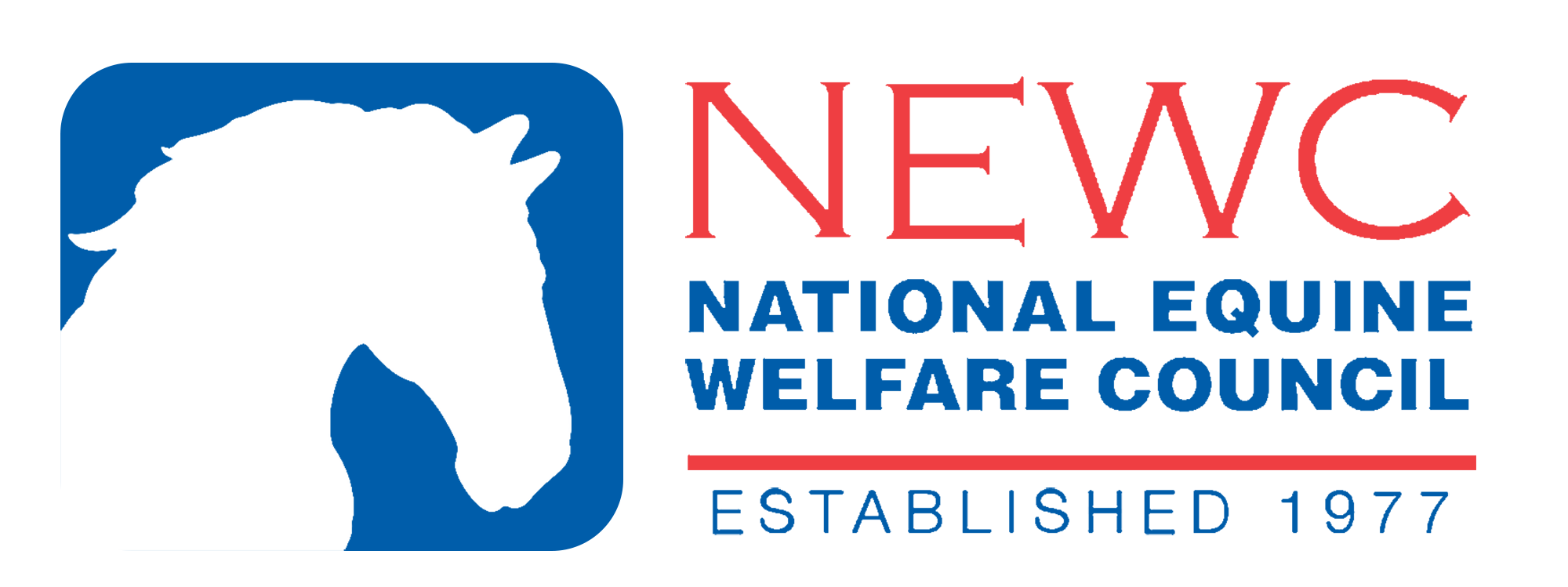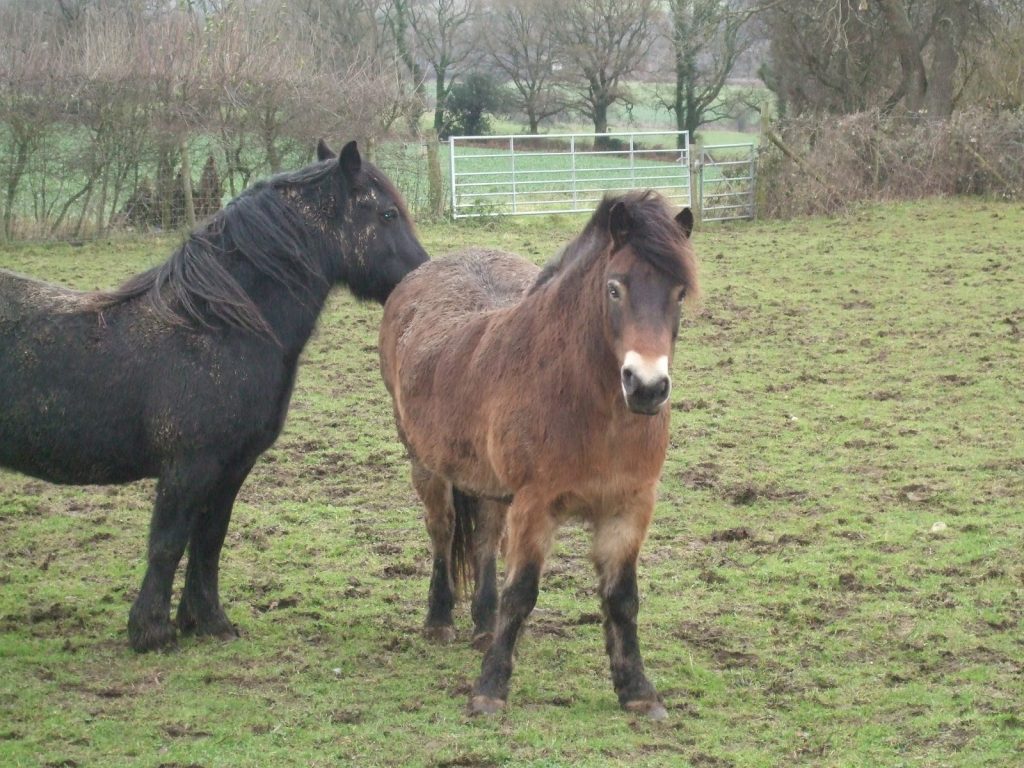

Monitoring and managing your horse’s weight is an important part of horse ownership, particularly if you own a “good doer”. Ensuring that your horse does not become overweight means that your horse is at less risk of developing Equine Metabolic Syndrome (EMS), laminitis, arthritis, and other chronic health conditions.
Maintaining your horse at a healthy weight can be a real challenge and is a balancing act between providing the right diet, health care and exercise. Weight can change depending on the amount/type of food the horse is eating and how much exercise they are doing.

The Horse Trust funded extensive research looking at the many ways owners managed their horse’s weight. The study found that generic weight management advice could be frustrating for owners because it was hard to apply to every situation and that it was important to find tailored weight management strategies that would suit the owner, the yard, and most importantly the horse!
As a result, Tamzin Furtado and the team at Leahurst have developed this guide – it has over 50 weight management options and helps you to plan what you can change to manage your horse’s weight effectively no matter what your situation.
University of Liverpool Equine / The Horse Trust - Equine Weight Management Guide
Fat Scoring (also referred to as Body Condition Scoring) is an ideal way to assess your horse’s overall fat covering to help determine whether they are a healthy weight.
There are three key areas to consider; neck, body and hindquarters and you will need to look at and get hands-on to help you determine between muscle and fat.
Fat will feel spongy whereas muscle is firmer. However, dangerous crest fat can start to feel hard and become difficult to move from side to side.
BHS - Fat Scoring / Body Condition Scoring
Redwings - Weight Management Hub
World Horse Welfare - Is your horse the right weight?

The below link contains a useful document regarding the use of alternative grazing systems in the UK. This project was a research project led by the University of Liverpool, conducted in collaboration with the British Equine Veterinary Association (BEVA), The Horse Trust, Redwings Horse Sanctuary, The British Horse Society (BHS), World Horse Welfare, The Blue Cross and The Donkey Sanctuary.
Grazing muzzles are widely available on the market, therefore there is an increasing need to provide supporting advice to owners considering the use of a grazing muzzle as well as information to those who may be concerned about their use. NEWC members regularly receive enquiries regarding the use of muzzles so a guidance leaflet and this video have been produced in response.
